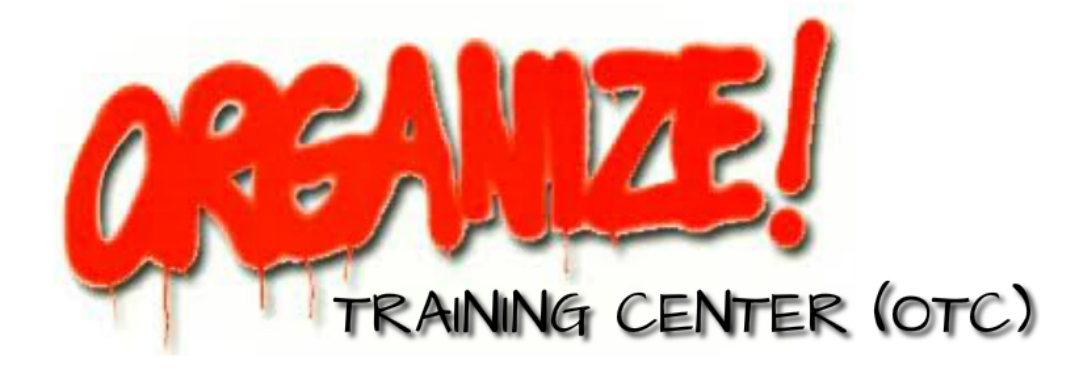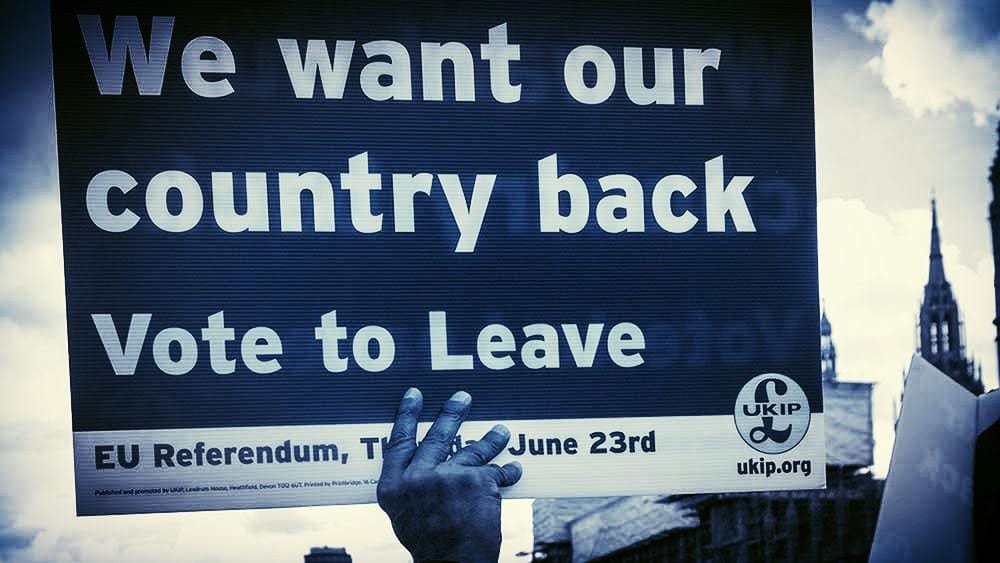|
In the article, “Trump, Brexit--The West in Crisis” (in “Symposium/America After Trump,” Democracy--A Journal of Ideas, Winter 2017, No. 43), Ed Milliband, defeated British Labor Party candidate for Prime Minister, likens the Brexit vote to the Trump vote, and puts both in an international context of failure by progressives to offer a meaningful challenge to neoliberalism. In his words:
Wherever we are, we should learn from and not deride the insurgents from the left who are attempting to build a new participatory politics. The crisis for social democratic and center-left parties is partly one of its base: a working class no longer tied to it by tradition and by unions. The only alternative is to rebuild the base with a different form of politics—organized in and mobilizing communities. Just as we need an answer on economics and politics, so too on nationhood. If there is one area where the left has been truly left behind, it is this. The appeal to belonging is all the more potent when people have such a strong sense that power and control have left them, their communities, and their country. We see it in the allure of the Leave campaign’s slogan “Take Back Control” and, in its own way, in “Make America Great Again.” This is the hardest nut to crack, but unless we present a vision of who we are—a story of us—to our own public and the world that is consistent, believable, and attractive, we will struggle. If we are not on this pitch, then the right clearly will be—at worst, presenting an anti-immigrant, race-based, xenophobic, narrow-minded view of who we are. But what is our alternative? It must somehow be about combining a sense of fairness at home with relative openness to the world. A globalization narrative that emphasized the latter but seemed too often to forget about the former won’t do. We must be the people who combine both and see them as mutually reinforcing. And the former must precede the latter; otherwise, we are reduced to being technocrats or worse. This combination of economic fairness, political change, and national vision is a tough combination to get right. But they are the fundamentals of answering the world after Brexit and Trump. Here’s what I think is striking about what is quoted. Note, first, this point: “a working class no longer tied to it by tradition and by unions. The only alternative is to rebuild the base with a different form of politics—organized in and mobilizing communities… The appeal to belonging is all the more potent when people have such a strong sense that power and control have left them, their communities, and their country.” Then note this huge leap: “We” [progressives must] “present a vision of who we are…to our own public…It must [combine] a sense of fairness at home with relative openness to the world…This combination…[is fundamental to] answering the world after Brexit and Trump.” First, Milliband tells us (I believe with a good deal of accuracy) that tradition and unions are dying or dead, and that we have to rebuild the base (the job of labor and community organizers) because that’s important for “the appeal to belonging” which is now captured by the right because people have a sense of powerlessness (again an accurate observation). But Milliband then tells us that “we” must present to these powerless people a vision that combines fairness and openness. Who is the “we”? Politicians? Advocates? Intellectuals? Media? His own analysis tells us that none of these, nor anyone else you might add to the list, can accomplish what needs doing. That requires that the people who are now voting for the right as an expression of their powerlessness must claim power so that they can act on the best of their values and an understanding of their interests that evolves from the conversation that takes place in democratically constituted organizations. How is that power claimed? The answer is simple, though its realization is not easy: organization. People power organizations, in addition to whatever specific accomplish-ments they achieve in the world—i.e. material benefits—are the vehicles in which participants realize themselves as citizens, agents who can act in the world on their own behalf. Milliband, on the other hand, seems to think progressives just need to do a better sales job.
0 Comments
Leave a Reply. |
AuthorMike Miller has had almost 60 years experience as a community organizer. Before founding the ORGANIZE! Training Center in San Francisco in 1972, he was a founding member of SLATE and an SNCC field secretary. In 1967, he directed one of Saul Alinksy's community organizing projects. Archives
February 2018
Categories(The quote at the top of the
page is by Desmond Tutu.) |
(415) 648.6894 [email protected] 442 Vicksburg, San Francisco, CA 94114
Copyright© Since 2016, ORGANIZE! Training Center. All rights reserved.
Copyright© Since 2016, ORGANIZE! Training Center. All rights reserved.


 RSS Feed
RSS Feed